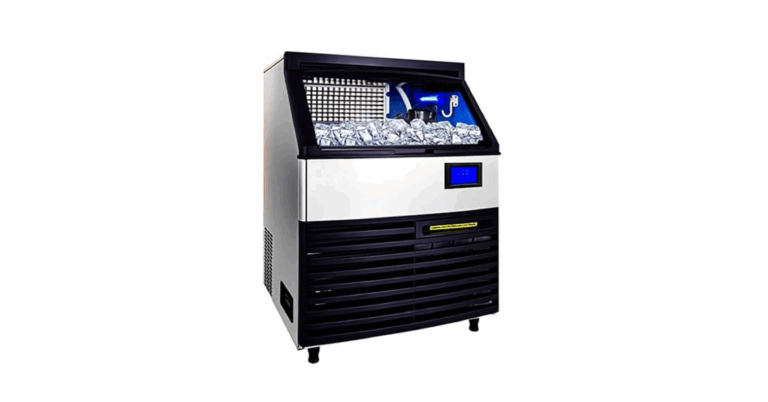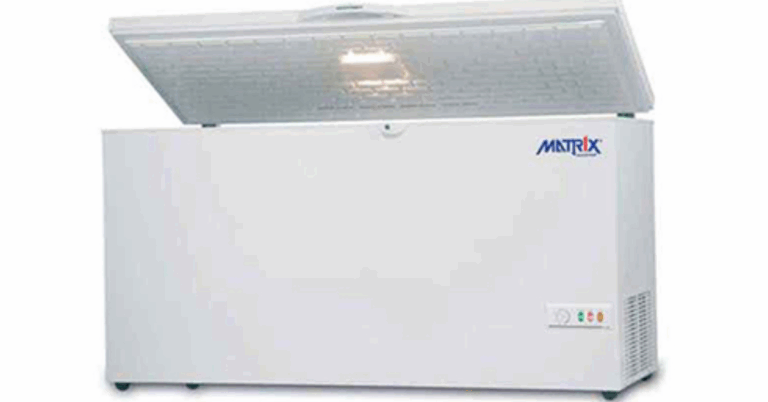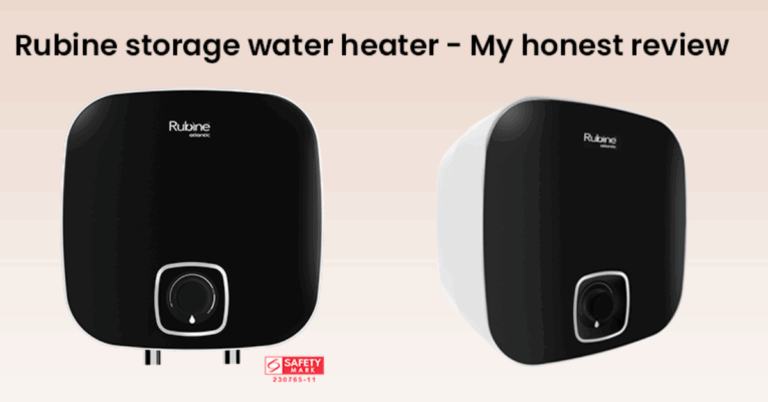Using a 50Hz Fridge on a 60Hz Power Supply: Key Considerations
When selecting a refrigerator for use in marine, industrial, or home environments, understanding the electrical requirements is essential. A frequently asked question is whether a refrigerator built for a 50hz Fridge On 60Hz electrical system. Since frequency, measured in hertz (Hz), influences the operation of motors and compressors, it plays a significant role in compatibility and appliance performance.
The Role of Frequency and Voltage in Appliance Functionality
Household and commercial appliances are manufactured to operate within designated ranges of voltage and frequency. Globally, power supplies vary: for example, 220V/50Hz is standard in many countries, whereas others like the United States operate on 110V/60Hz or 220V/60Hz. Refrigerators, particularly those with compressor-driven systems, rely on precise electrical conditions to run effectively and reliably.
Is It Possible to Run a 50Hz Refrigerator on 60Hz Electricity?
Technically, a 50Hz-rated fridge might work on a 60Hz circuit, but it depends on multiple variables:
Motor and Compressor Functionality
Refrigerator compressors are tuned to operate at specific speeds based on input frequency. A 60Hz supply may cause the compressor to run faster than intended, potentially impacting performance and durability.
However, refrigerators equipped with inverter technology or variable-frequency drives (VFDs) are more flexible and may adapt without issue.
Changes in Power Efficiency
When a motor designed for 50Hz runs on 60Hz, its power consumption can shift. It may operate less efficiently or draw slightly more power, potentially increasing internal wear over time.
Cooling Performance Variation
The change in frequency might alter the cooling cycle’s efficiency, which could cause inconsistent temperature regulation. Some refrigerators can tolerate this adjustment, while others might suffer reduced performance.
Long-Term Impact on Components
Consistently using a refrigerator on an unintended frequency can lead to premature aging of components. Issues like motor overheating and mechanical stress may emerge, leading to increased maintenance requirements.
Tips to Safely Use a 50Hz Fridge with 60Hz Power
To avoid complications and ensure safe operation, take the following steps:
Confirm Appliance Rating
Check the appliance label or user manual to see if it supports dual frequencies (50/60Hz). Many modern refrigerators are built to accommodate both, but it’s best to confirm with the manufacturer.
Consider a Frequency Converter
If the fridge is strictly rated for 50Hz use, a frequency converter may be required to match the power supply to the fridge’s needs. This option, however, introduces additional cost and complexity.
Keep an Eye on Fridge Performance
If your refrigerator is currently running on 60Hz, monitor it regularly. Listen for irregular noises, check for temperature fluctuations, and observe compressor activity. These signs could indicate a compatibility issue.
Final Thoughts
Although many fridges can operate under varying frequency conditions, using a 50Hz unit on a 60Hz system may affect its lifespan and efficiency. Always review technical specifications, seek professional guidance when needed, and use a frequency converter if required. A proactive approach can help prevent damage and ensure long-term, reliable performance.







